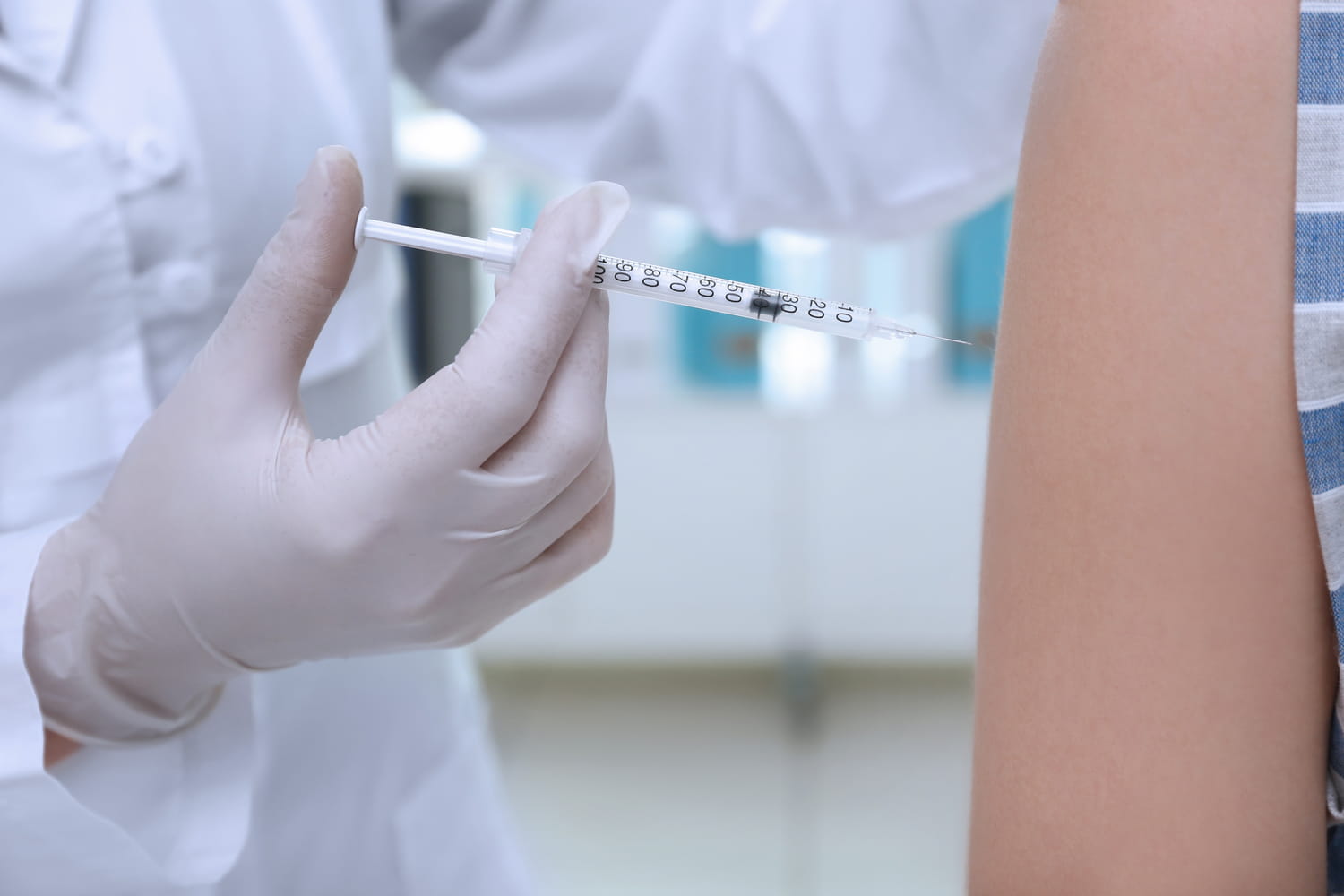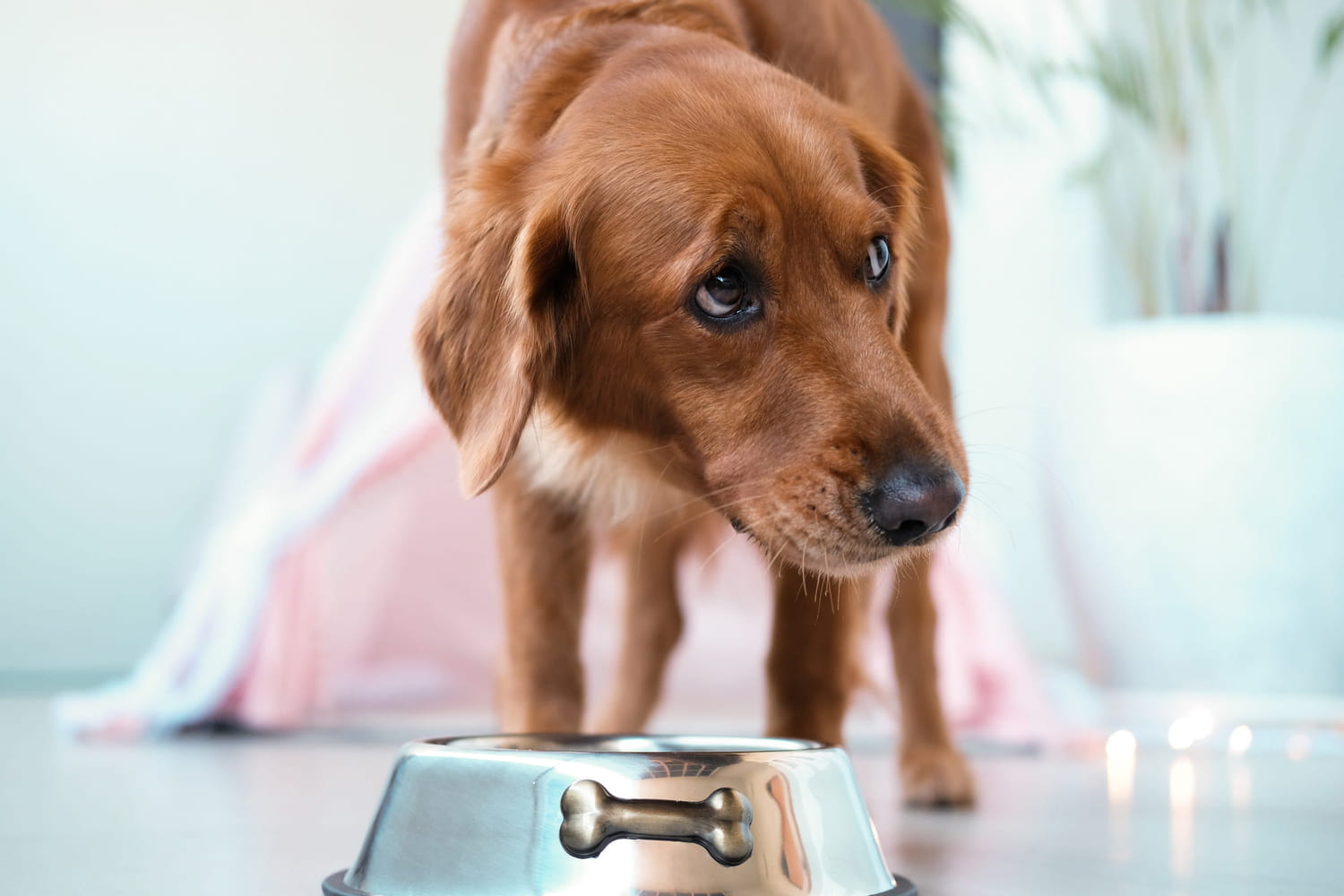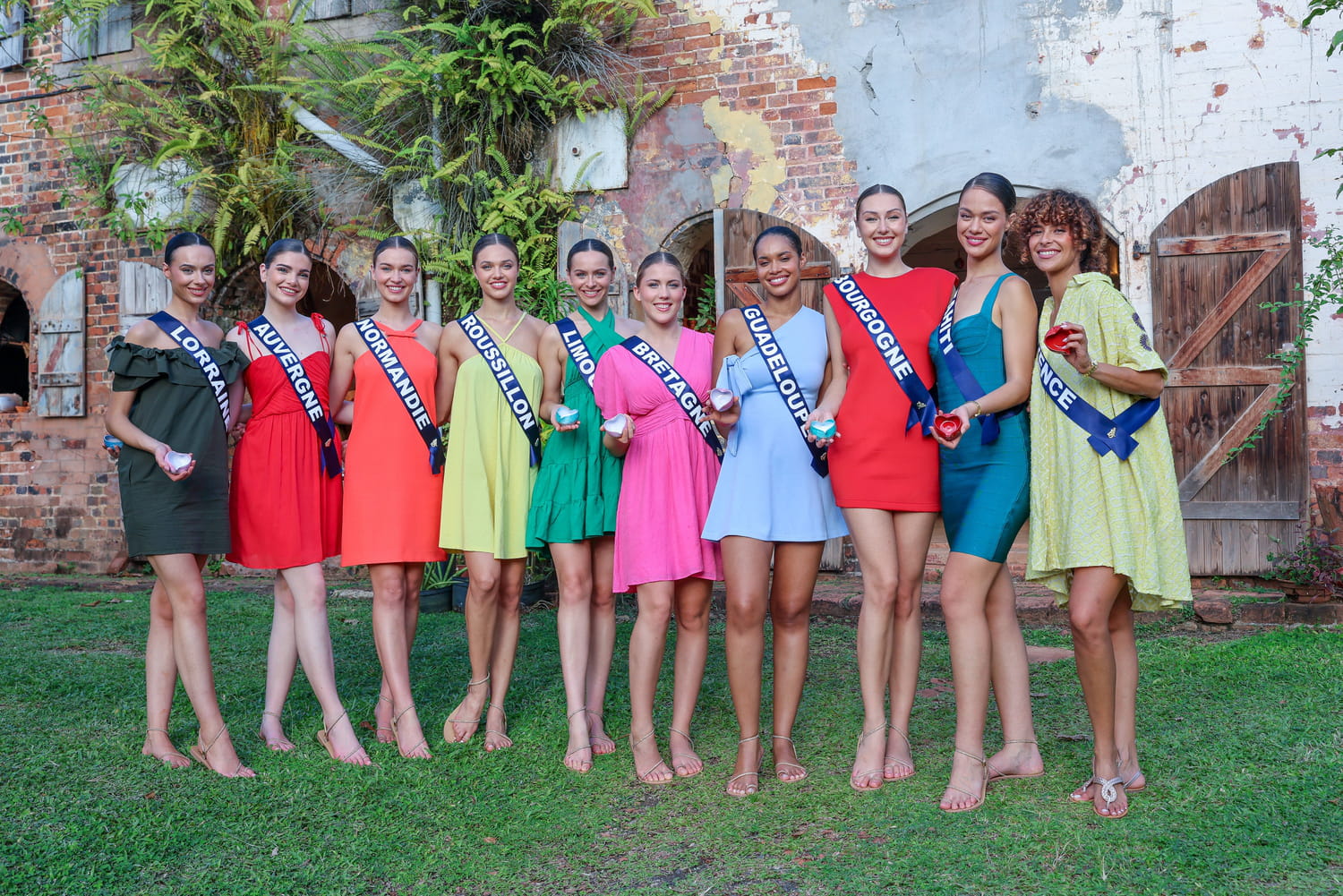A veterinarian is warning dog owners about a seemingly harmless fruit that can be very toxic to their pets.
Who has never given their dog a little piece of their meal? This habit, very common among pet owners, seems natural and harmless. A piece of cheese, a few crumbs of bread, a leftover ham: these little shared pleasures strengthen the bond with our four-legged companions. Unfortunately, this affectionate gesture can sometimes turn into tragedy. Indeed, many foods that we consume daily turn out to be toxic, even fatal, for our little furballs. If this generosity starts from a good feeling, it can lead to dramatic consequences.
If certain foods such as chocolate are now clearly identified as toxic for dogs, other dangers remain unknown to the general public. The habit of giving “a bit of everything” to your animal can lead to accidental poisoning, sometimes fatal. This is particularly the case for grapes and raisins, a fruit that many wrongly consider to be harmless. Ben The Vet, a British veterinarian active on social networks, highlighted this to our colleagues at Express.co: “Grapes, sultanas and especially products like fruit tarts that contain a lot of sultanas can cause kidney failure in dogs.”
According to this expert, the toxic substance responsible is tartaric acid, the concentration of which varies from one grape to another, explaining why some dogs are more seriously affected than others. Health risks are of particular concern because “ingesting even small amounts can pose a risk, especially for small dogs”specifies the veterinarian. Symptoms of grape poisoning include vomiting, diarrhea, abdominal pain, fatigue, excessive thirst, changes in urinary frequency, and dehydration. In the most severe cases, the animal may collapse.
Faced with this emergency, Ben The Vet recommends immediate action: “If your dog manages to eat grapes or raisins, contact your veterinarian as soon as possible for advice. They will likely advise you to take your dog in to give him an injection that will make him vomit.” Owners should also be careful of derived foods such as Christmas cakes, puddings, fruit tarts and cereals containing dried fruit. This vigilance can literally save the life of your four-legged friend!







